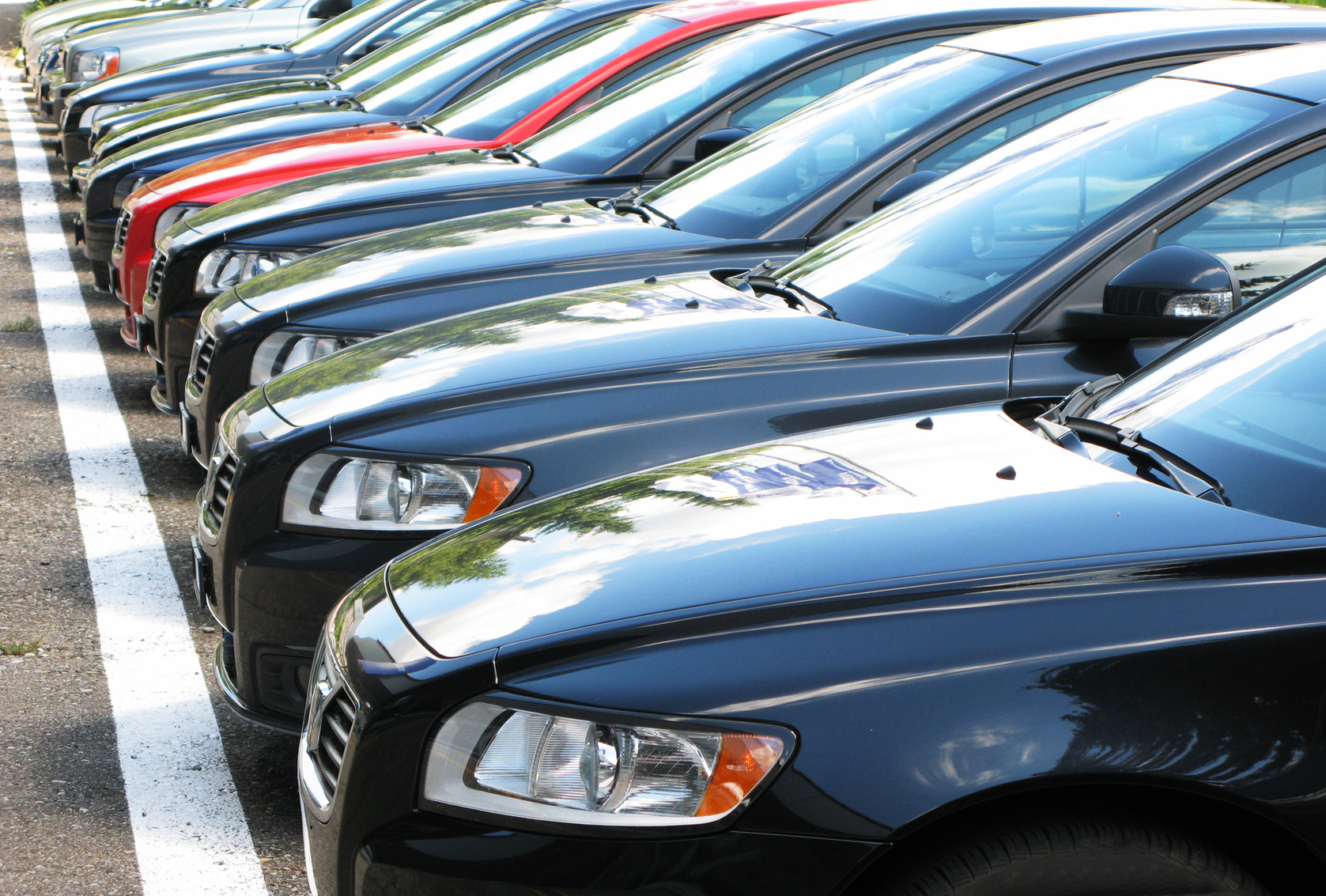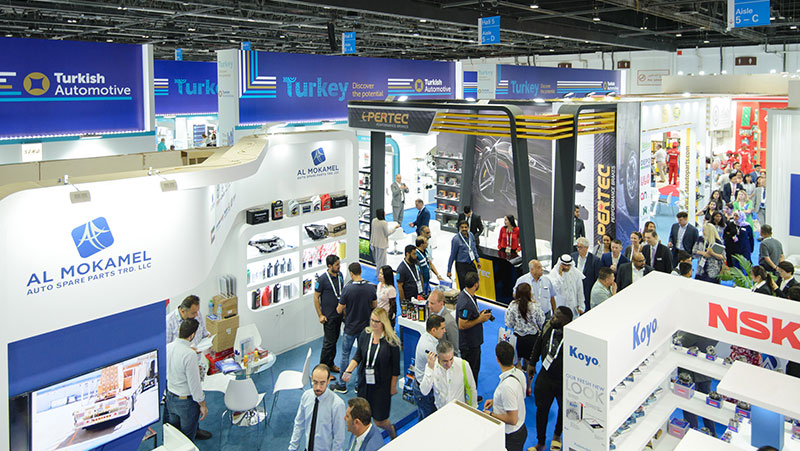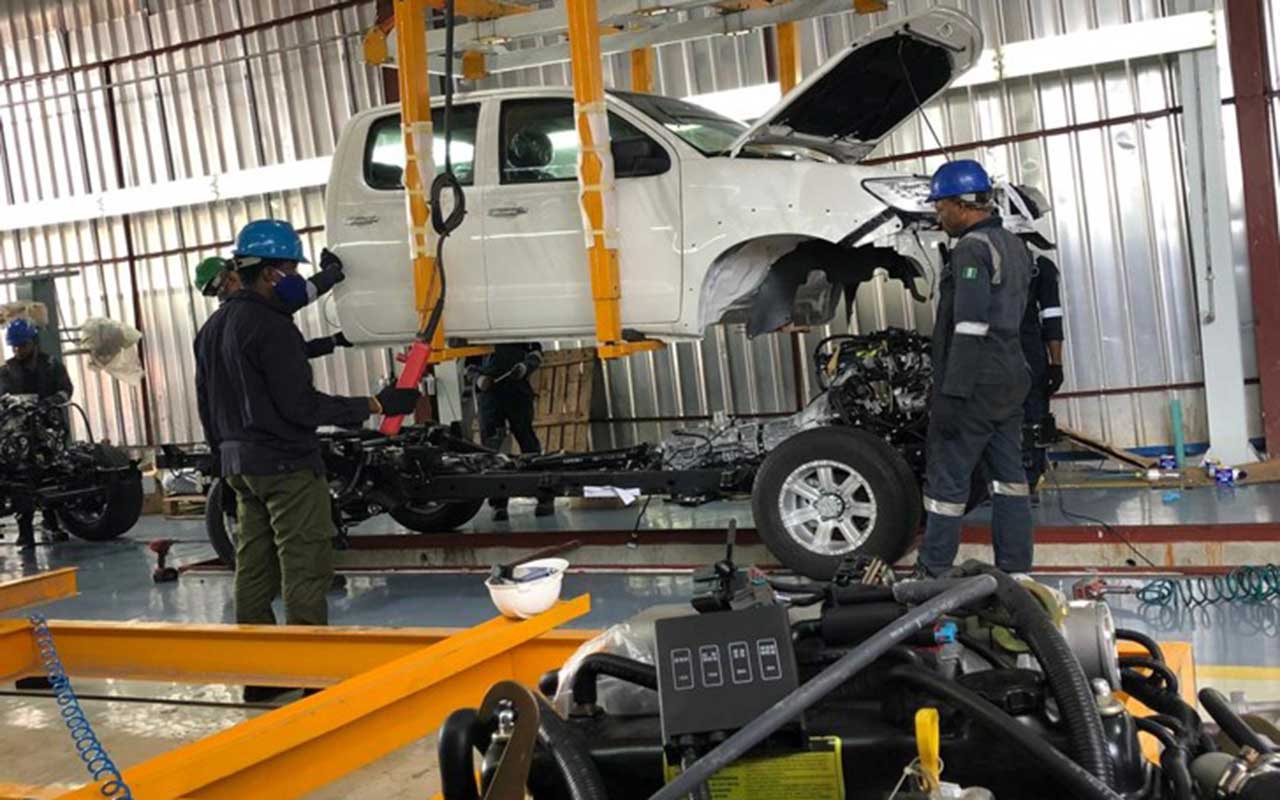Nigeria’s automobile market is shrinking, with many car enthusiasts adapting to refurbishing old vehicles, rather than acquiring new ones, report OLUSEGUN KOIKI and BENJAMIN ALADE.
The prices of brand-new vehicles are out of the reach of average Nigerians. The skyrocketing prices are keeping many Nigerians out of showrooms, with numerous car marts struggling to remain in business.
Additionally, the popular imported, fairly used vehicles (also known as tokunbo) market, which accounts for 90 percent of the market, according to PricewaterhouseCoopers Nigeria in 2024, is shrinking.
Motorists across Nigeria are now devising a new way to continue to keep a car or two in their garages. They have turned to refurbishing their old vehicles, rather than going for brand-new or used automobiles, while many prospective car owners equally approach sellers of old vehicles for acquisition.
The new approach has turned many auto dealers into middlemen to car owners desirous of changing theirs, while a few imported ones gather dust on garages as low purchasing power impacts sales severely.
The auto dealers attributed the drop in sales to government policies, which imposed several tariffs on imported vehicles, as well as economic downturns that have restrained business growth.
Also, auto experts said the flourishing segment of the market is the spare parts business and auto makeover. Rather than outright sales of old vehicles, they said, Nigerians put them back on the highways after massive mechanical and panel beating work on them.
Speaking on the issue, the immediate past Executive Director of the Nigerian Automotive Manufacturers Association (NAMA), Remi Olaofe, attributed the new trend to economic downturn and social factors.
Olaofe, who is also the Chief Executive Officer of Folsort Group, said that prices of brand-new vehicles are now technically out of reach of an average Nigerian, while corporate organisations and institutions now patronise the used vehicles market.
According to him, most customers of brand-new vehicles in the country are government organisations and high-end executives in the financial and oil and gas sectors.
He added, “What we used to refer to as tokunbo is not exactly tokunbo anymore. When you look at the average price of a used vehicle, without mentioning any of the brands/names, they range from N30 to N50 million. There are also used vehicles that sell for between N150 million and N200 million. And they are still called used vehicles.
“When you look at that, how many Nigerians earn that in a year? Even N30 million, how many Nigerians earn it in four years? So, what has now come back to us is what you call a maintenance culture.
“It is actually more of a maintenance culture to keep your social status intact. At least, you have a vehicle or two in the house that you can take out to wherever you want to be. That still shows us that we own a vehicle.” He confirmed that the active people in the value chain are mechanics, panel beaters and other technicians who turn around old vehicles.
Olaofe explained that most vehicle users, rather than acquire brand new vehicles or used ones, refurbish their old vehicles. He, however, raised concerns about the safety of refurbished.
“The person who is driving a 20-year-old vehicle is conscious of the speed he can subject the car to… Such people are careful when you see them on the road.
Also, Managing Director, One Hundred Success Nigeria Ltd, Adeyemi Adekanbi, confirmed the refurbishing model adopted by many motorists in Nigeria. He explained that the reduction in the purchase of either brand-new or used vehicles has negatively impacted dealership business.
According to him, prices of used vehicles have increased by over 100 per cent in the last two years, while the economy has regressed or remained stagnant within the same period.
Adekanbi explained that most sellers of used vehicles have restructured by buying and selling used vehicles after refurbishing them. He also attributed the lull in the business to high customs import duties and some other unpleasant policies of the Federal Government in the last two years.
“We have seen a noticeable decline in demand for new vehicles, largely due to high import duties, rising costs, and reduced consumer purchasing power. More customers are prioritising affordability, opting to repair or upgrade existing cars instead of making new purchases.
“In response, we have had to adapt our strategy, placing greater focus on the resale and refurbishment market. This shift has been essential to staying aligned with current market realities and maintaining our relevance in a price-sensitive environment,” he said.
Adekanbi appealed to the government to reduce import duties, address corruption in the import process, and adopt a centralised software to make vehicle clearance seamless and more transparent to all stakeholders.
“Overall, lowering costs, streamlining imports and creating a fair, transparent system are key to increasing vehicle ownership in Nigeria,” he added.
The National President of the Association of Motor Dealers of Nigeria (AMDON), Ajibola Adedoyin, described the refurbishing of old vehicles as recycling, but raised safety concerns.
He argued that the more an old vehicle is repaired, the more it is exposed to danger – accidents. Like others, he attributed the trend to the government’s unpleasant policies.
Another dealer, Chief Executive Officer, Hackymrides, Abulhakeem Adebayo, said his understanding of refurbished cars is a Nigerian used car that is repaired and painted to a roadworthy standard.
Adebayo said the refurbishing process involves, but is not limited to, painting, engine overhauling or replacement, wheel parts replacement, among others.
He expressed that such vehicles are safe and reliable, provided that all the replaced parts are genuine, maintained regularly and fixed by experts.
“Except when the repair is not properly handled or the parts fixed are not genuine. Fake spare parts like brake pads can easily fail in motion and this will definitely lead to an accident,” he said.
He insisted that the popular tokunbo vehicles are still in the market, while those who can afford them still patronise auto dealers, depending on their budgets.






